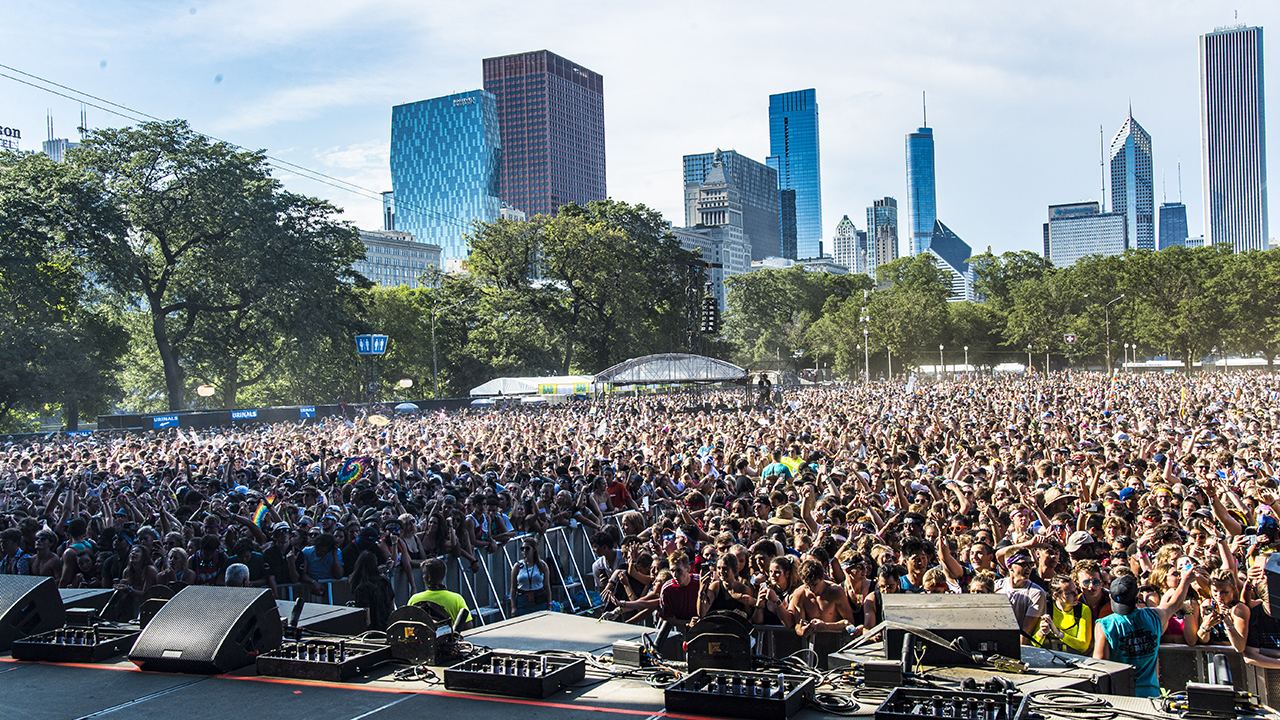Chicago historian weighs in on Confederate monuments

CHICAGO (WLS) -- Local cities and states renew their efforts to remove Confederate monuments while President Trump renews his push to keep them.
The Chicago History Museum's Chief Historian Russell Lewis said Washington and Jefferson built a nation while Lee rebelled against it.
Lewis said the Founding Fathers were slave owners during a time when the United States was built on the slave economy.
"The South celebrated and embraced it in a way that the North didn't," said Lewis.
Years after the Civil War ended, the South continued to embrace it with, according to the Southern Poverty Law Center, over 1500 Confederate monuments, parks and schools. Some of them were even dedicated in the 1990's.
Not on the map is a Confederate monument in Chicago inside the Oak Woods Cemetery. Historians said the intent is different than what you see in the South.
"It's different because it's not a glorification of the confederate cause," said Lewis.
Lewis said the monument was the federal government's way of giving 4,000 Confederate soldiers who died at Camp Douglas, a prisoner of war camp in Chicago during the Civil War, a burial with some dignity.
But in Chicago the push to remove a monument or change a name has nothing to do with the Civil War or the confederacy. It has to do with Italian Fascist Dictator Benito Mussolini.
The Balbo Monument near Soldier Field was a gift from Mussolini. General Italo Balbo was Mussolini's air force commander. Some aldermen want the monument removed and to rename Balbo Drive, but the Italian American Human Relations Foundation of Chicago is against it.
"The Italian community considers Italo Balbo a hero of historic proportions. If one looks at the history of his service, one would find that he was anti-Nazi," said Dominic DiFrisco with the Italian American Human Relations Foundation of Chicago.





